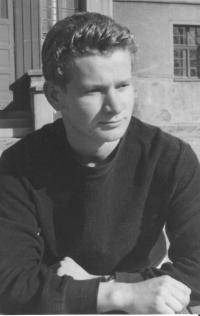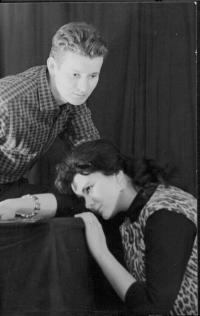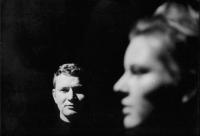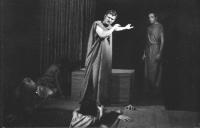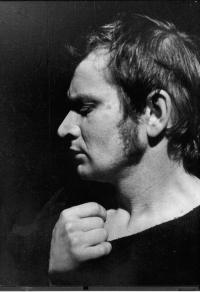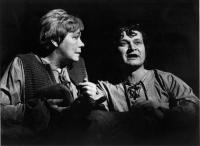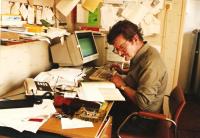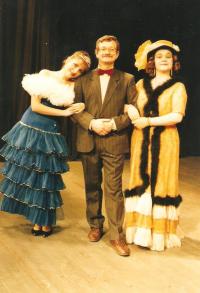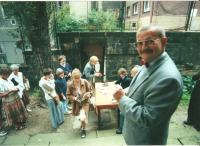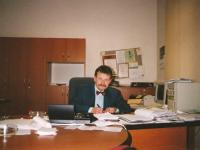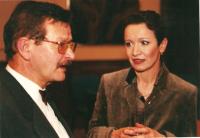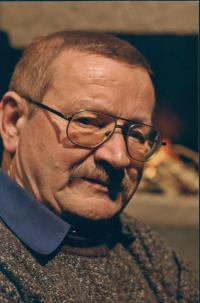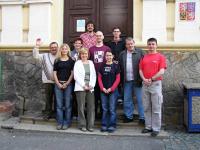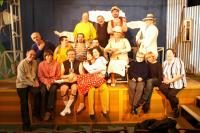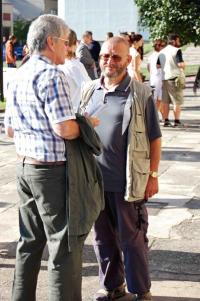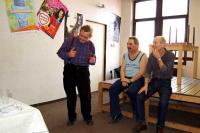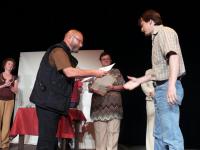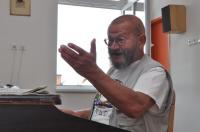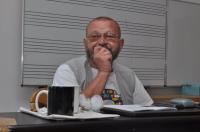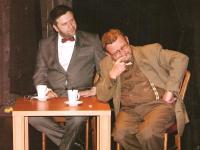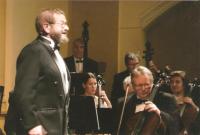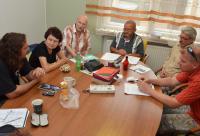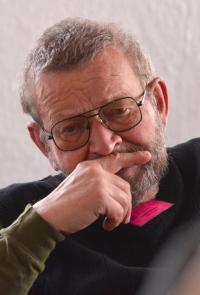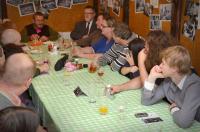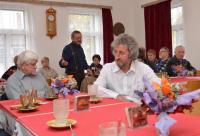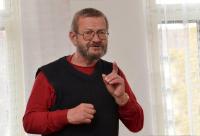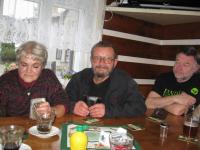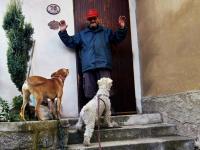I do not regret anything
Rudolf Felzmann was born October 5, 1941 in Liberec. He comes from a mixed family. He graduated from the pedagogical school for elementary school teachers, and later he studied the Pedagogical Faculty in Ústí nad Labem while he was already working (specializing in Czech language and special methodology). He has done many jobs - he was a teacher at schools in the Liberec district (1959-1962), a secretary of the university Klub-S in Liberec (1967-1970), a methodologist of the Prague University Club Vltava (1970-1972), program manager of the theatre Činoherní Studio in Ústí nad Labem (1972-1973), head of the labour union club in the company Setuza in Ústí nad Labem (1973-1975), director of the Ústí branch of the Czech Radio (1975-1982), director in the Workers’ Theatre in Most (1982-1990), manager of the Municipal Theatre Děčín (established by the Cultural and Social Centre, 1990-1991) and the director of the Municipal Theatre Děčín (1991-2002). Throughout his entire life he was intensely involved in amateur theatre as a reciter, actor, director and member of many committees. While still a student he won several regional and national competitions. In the first half of the 1970s he was the leader and the head teacher in the North Bohemian Club for Artistic Recitation, in 1973-1989 he worked as a dramaturgist and director of the Malé Divadlo Theatre, in ZV ROH in the Setuza company in Ústí nad Labem. Later he became a member of the expert committee ARTAMA for amateur theatre. In 2008 he received the Czech Ministry of Culture Award for his life-long contribution to the development of amateur theatre and artistic recitation. Five years later he was awarded the Gold Badge of J. K. Tyl for his long service to the Czech amateur theatre. At present he still occasionally publishes his texts in the magazine Amateur Scene and in the local and regional press.

